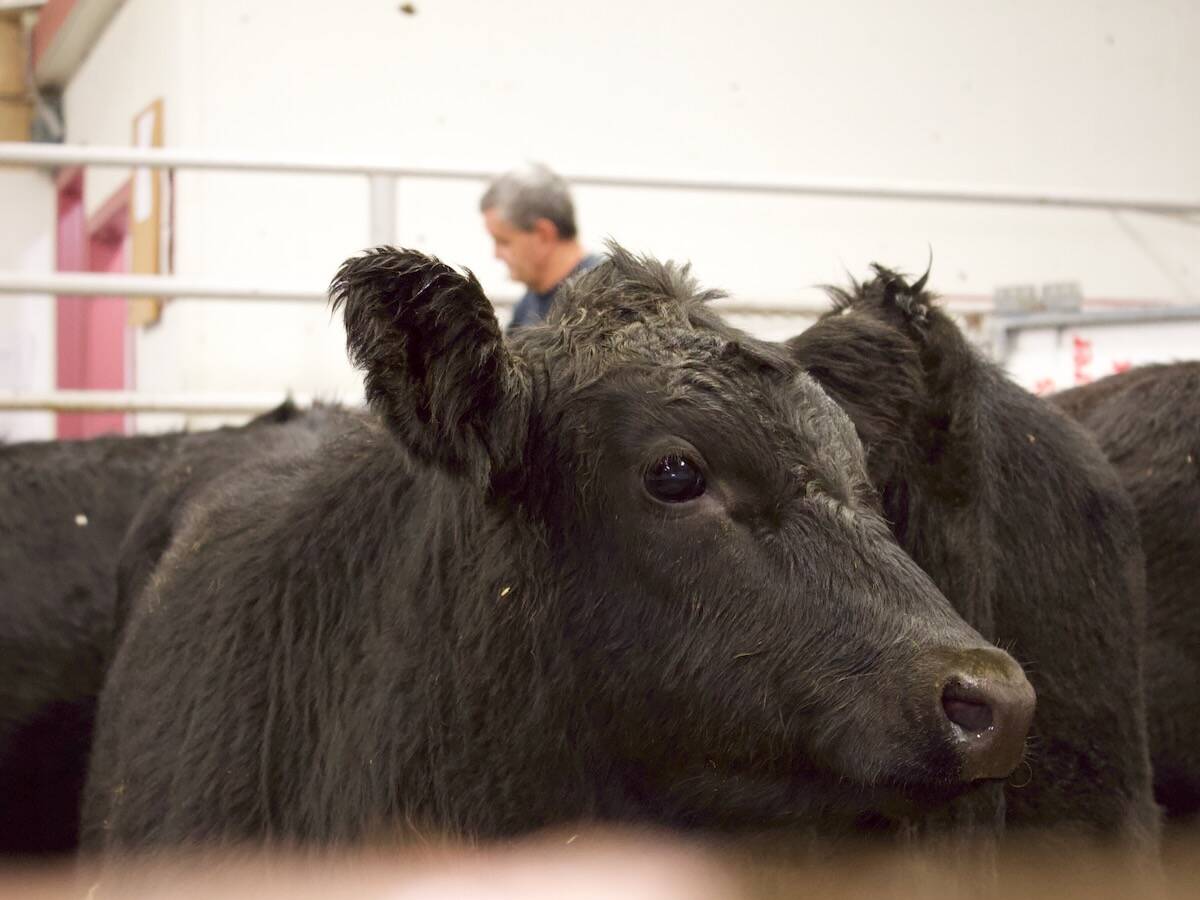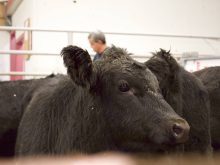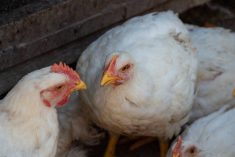The commission overseeing British Columbia’s Agricultural Land Reserve is expected to boost service fees and clamp down on repeated requests for exemptions, as it moves to a "more self-supporting" model.
Provincial Agriculture Minister Don McRae on Monday announced plans for legislation he said will improve the "structure and sustainability" of B.C.’s Agricultural Land Commission (ALC).
B.C.’s Agricultural Land Reserve (ALR) covers about 11.6 million acres of private and public lands on which agriculture — or the potential for agriculture — is recognized as the "priority use," whether the land is currently farmed, forested or vacant.
Read Also

Cash incentive for CRSB Certified beef producers launched
The Canadian Roundtable for Sustainable Beef (CRSB) has launched an incentive payment for CRSB Certified producers.
Any non-farming uses of ALR land are subject to ALC oversight. Planning by local and regional governments and provincial agencies with jurisdiction over ALR acres is expected to remain in keeping with the provincial policy of preserving ag land.
"These initiatives will enhance the commission’s ability to preserve B.C.’s agricultural land and encourage farming," ALC chairman Richard Bullock said in a provincial release.
Among the legislation proposed Monday is a five-year moratorium on "repeat applications for items such as excluding land from the ALR."
The province said it will put up an additional $1.6 million in funding to help move the ALC to "a more self-supporting operating model by 2013."
To that end, the proposed legislation would also expand the ALC’s powers to charge service fees, through a fee structure to be set by provincial regulation following "consultation with producers, local governments and other stakeholders."
It would also grant authority to an expanded range of "qualified officials" from other provincial government departments to investigate and respond to ALR violations. About 30 officials from various departments are already so authorized.
The new legislation would also allow the ALC’s chairman to have "greater oversight" of regional ALC panels, so as to ensure "fairness, transparency and consistency in the decision-making process."
The province on Monday noted it’s also working to recruit a chief executive officer for the ALC, to lead its transition phase, look after administrative issues and thus free up the chairman’s time to "focus on commission matters."
"Inadequacy"
The proposed legislation follows two reviews of the ALC’s operations, including one from the provincial auditor general. Bullock, as ALC chairman, submitted the other in November 2010 on a request from then-ag minister Steve Thomson.
Bullock’s review committee reported that "stakeholders were almost unanimous in expressing their concern regarding the inadequacy of the ALC’s funding and lack of resources to carry out its existing work, never mind explore new opportunities."
In the previous two fiscal years, Bullock wrote, the ALC "has been forced to focus on processing applications with minimum or no attention being given to its other statutory obligations."
The result, he wrote at the time, is that the ALC "is not available to discuss local and regional matters (with stakeholders) or to deal with emerging or ongoing issues such as the impact of oil and gas activities on agriculture in northeast B.C."
The application process, he added, "appears to be directly opposed to the objectives of the Agricultural Land Commission Act… Whether an application is for exclusion, subdivision or non-farm use, the application process fosters and perpetuates speculation, to the detriment of the ALR."
For example, he said, the current Act allows for someone to buy "prime" agricultural land one day and apply the next day to remove it from the ALR.
"Land speculation remains high after nearly 40 years and there is still a pervasive attitude among many that agricultural land is simply holding property until a ‘higher or better’ use is identified," Bullock wrote.
"Refocusing the legislation away from applications and towards long-range planning, ALR boundary reviews and the needs of bona fide farmers and ranchers will go a long way in addressing the continued speculation to convert agricultural land for other purposes."
















